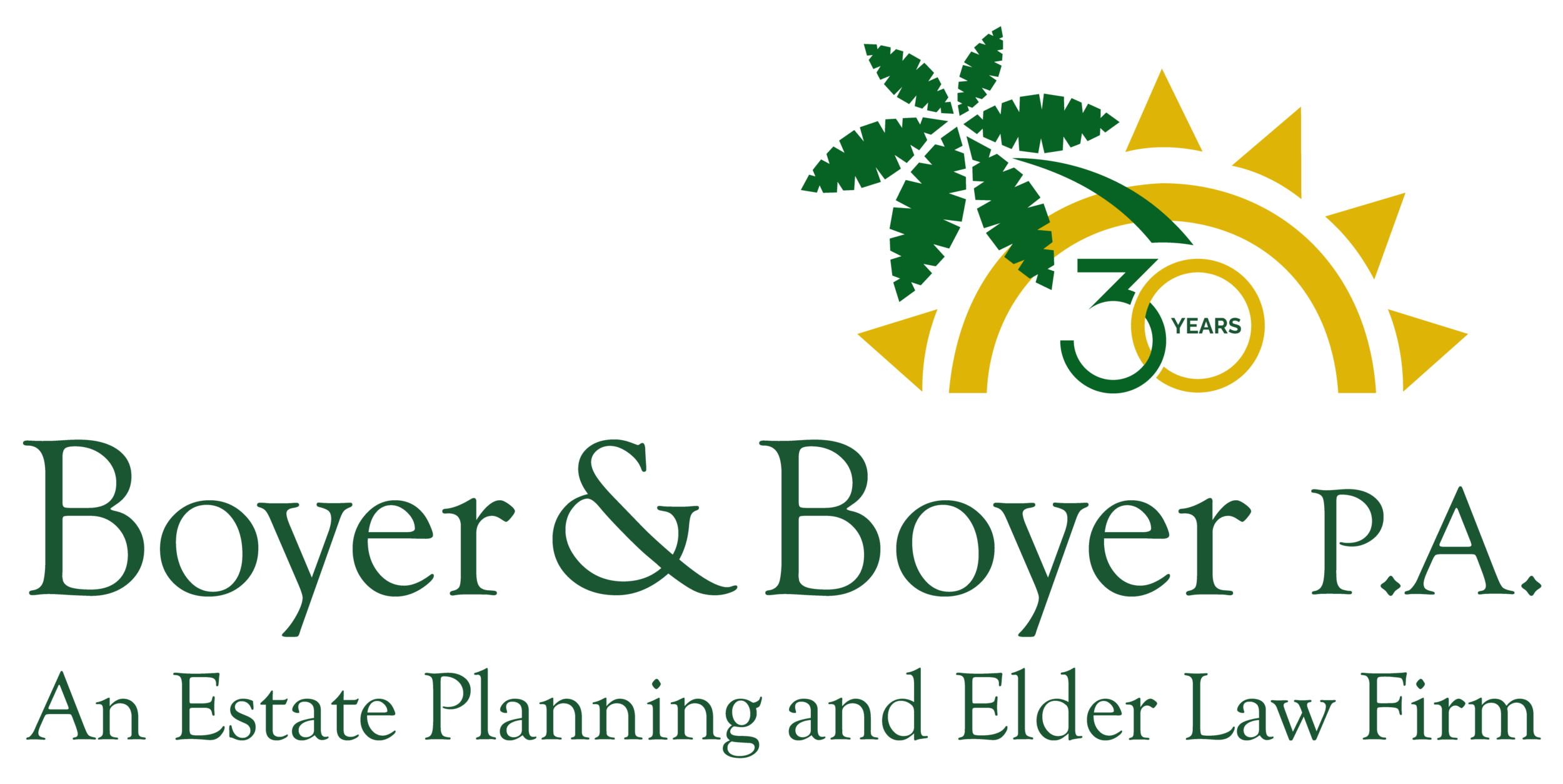
Clash of Wills
By admin
One question estate planning lawyers are very familiar with is what constitutes the best choice of estate planning: making a will or making a trust? The answer, I’m afraid to say, is not a one-size fits all costume. It is tailored to an individual’s needs, making it important to consult with your estate planning attorney before the drafting process begins.
Estate planning is difficult for anyone to confront, as it hinges on the premise of death, which is not a thought anyone wants to entertain. However, once we are past thinking about our eventualities, we realize the importance of planning for the futures of our loved ones. Now comes the question: what is the best way to accomplish this?
A number of solutions are available.
We are probably most familiar with a will, which is a document that establishes to whom you want your property to be distributed after death and must go through the lengthy process of probate, which incurs additional time and attorney expenses. A personal representative, named in the will, carries out the steps necessary to probate the estate, including publishing a notice to creditors and giving notice of administration to family members.
Another solution is a trust. In essence, a trust is a pool of assets, including but not limited to cash and property, which is held for the benefit of a third party. This party is the beneficiary. A trustee is appointed to oversee the trust.
A living trust can be created and operate during your lifetime with you acting as the trustee and the beneficiary until your death, when additional named trustees take over. Funding the trust includes re-titling your assets so they are owned by the trust.
If you are concerned about privacy, setting up a trust is a better option than a will. During the probate process, the petition and order of administration, listing the assets of the estate, become viewable to the public. Trusts are not as public.
Trusts are also useful for planning for family members with special needs or for minors, establishing when and how they will receive money after your death. A trust can even be set up for Fido, providing funding and instructions for the care, feeding, and nurturing of your furry best friend.
In addition, when a will is probated, there is always the possibility that it will be challenged by the heirs, resulting in additional court costs and further drawing out the lengthy process of probate. In situations where neither a will nor a trust was created, matters can get even stickier, and the process of locating and serving the heirs of an intestate estate with notice can be a steep, winding, and very expensive road to travel.
When it comes to the bottom line of costs, a will is less expensive to set up than a trust, making it the more prevalent choice for estate planning. Trusts costs more because trusts accomplish more. Think of it this way: A novel versus a pamphlet. Trusts cover all the bases with specific instructions on when, to whom, and how much of the assets will be distributed, while wills are basic directives requiring approval by the Judge before they can be carried out.
A potential disadvantage of the trust is forgetting to re-title assets to the trust. It is important to meet with an attorney to discuss how you can fund your trust and how you can re-title the assets to the trust so you can avoid a potential “empty trust syndrome” type of situation. Trusts can’t operate on empty.
Trusts can also be helpful for dodging ancillary probate (probate in more than one state) for people owning properties outside of Florida. The real estate can be deeded into the trust, eliminating the need for probate in two separate states.
Trusts are also helpful in planning for future mental incapacity, such as Alzheimer’s, by providing instructions for caring for you and your finances. Having a trust in place can save thousands of dollars by avoiding the need for your family members to petition the court for a court-supervised guardianship.
While trusts can be more expensive, they can be a viable, overlooked option for more complex estate planning, for people seeking privacy, for special needs and minors, for planning for incapacity, and for saving family members from the drawn out process of probate.
Wills, however, should never be discounted as an option for smaller estates and for less expensive estate planning. It’s very important to meet with an attorney to discuss which option fits you best and for help drafting these important documents.
In addition, never trust pre-packaged legal forms to have the knowledge and expertise to draft your trust or will. Pre-packaged forms do not include all the information necessary to meet your individual needs.
The above information is intended for informative purposes only and is not legal advice. For advice on your specific situation, please contact an experienced elder law attorney in your area.
Image: Courtesy of Pixabay




